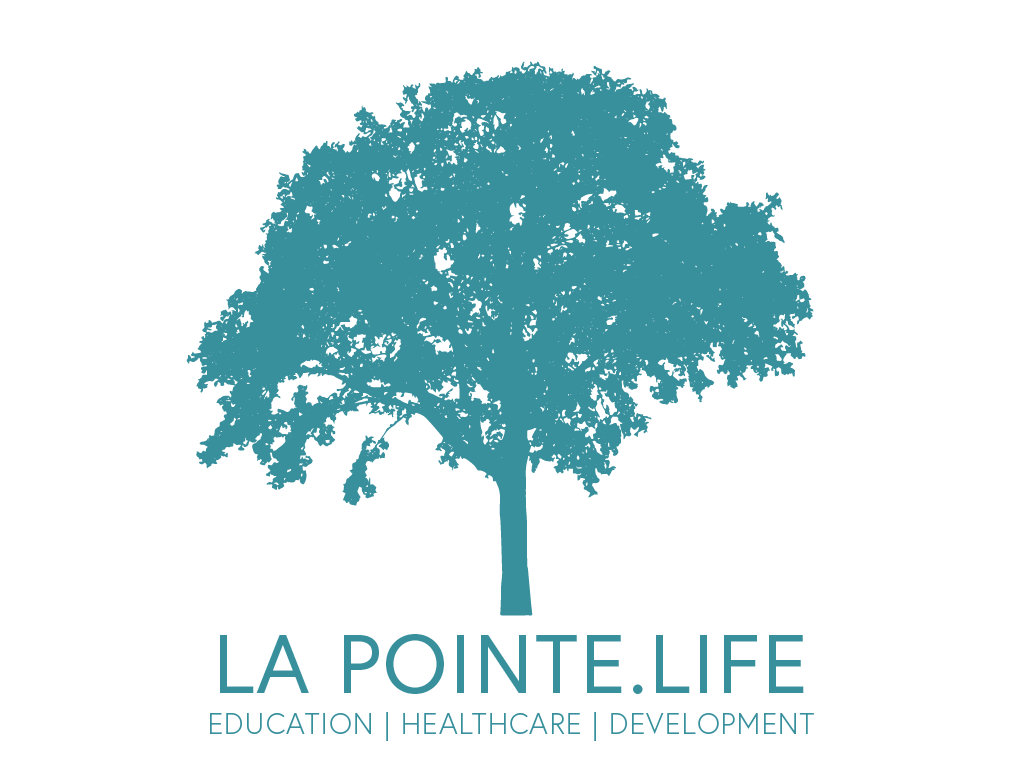It was a shock to my system, I would never be the same...
I landed in Haiti in 2011, over a year after the tragic earthquake that killed an estimated 200,000+ people. There were still tent cities for miles around. Many people had lost their homes in the earthquake, and others were still too afraid to sleep inside a cement structure. Broken remnants of people’s lives filled the streets. Muddy paths stood in the place of structured roads, which overflowed with millions of people all trying to find a new way of life. Nothing could have prepared me for the things I was about to see. It was a shock to my system, and I would never be the same.
Myself, and my 10 other blue-eye, blonde-haired group of volunteers wove in and out of streets and villages eager to do some good in the world. Our rose-colored glasses were still intact and the complexity of poverty would not show itself for years to come. Sometimes I miss these days of the seemingly comprehensible call to humanitarianism. When helping someone seemed as easy as handing them a bag of rice. Unfortunately, I was not the only one who believed poverty could be alleviated in such simplistic ways. After the earthquake, Haiti was quickly named the Republic of NGOs with more nonprofits per capita than anywhere else in the world. And with a country the size of New Hampshire, it was easy to see. Foreigners, security guards, and Land Rovers could be spotted at all hours of the day. Massive white UN tanks plowed through the streets armed with masked men and machine guns. It seemed like everyone was there to work, but no one was there to work together.
The days turned into months, and months turned into years. The once fragile Haiti was left even more vulnerable but now with more scars and open wounds. Some caused by the earthquake, others by the NGOs. The seemingly innocent, well-intentioned nonprofit sector did what it could. It did what it knew best. I offered relief. It offered emergency healthcare, it offered clean water, and food, and shelter. But the fundamental problem with relief is that it is only meant for short-term. Unfortunately in Haiti, it became permanent. So when NGOs pulled out and moved on to the next natural disaster, Haiti was left stunted, unable to grow. The damage to the economy was done and it felt irreversible.
I tell you this because our history will dictate our future if we don’t overcome it. But, if we can learn from our past mistakes, and implement change, we have the opportunity to rewrite the narrative of nonprofits. We can fight against the belief that there is a quick fix to poverty, and instead embrace the empowerment of local people, eventually removing ourselves from the equation. We can’t remove the scars, but we can prevent new ones from forming.
So, will you join me? Will you join us? We are creating a movement that is full of dignity, and honor, and respect. We are a nonprofit committed to finding justice in the darkest places. We do this through local leadership, nonprofit partnerships, and slow and steady change. Through community-based solutions, true change can happen. Help us break down the barriers that stand between the oppressed and opportunity. Leave a legacy of hope.
